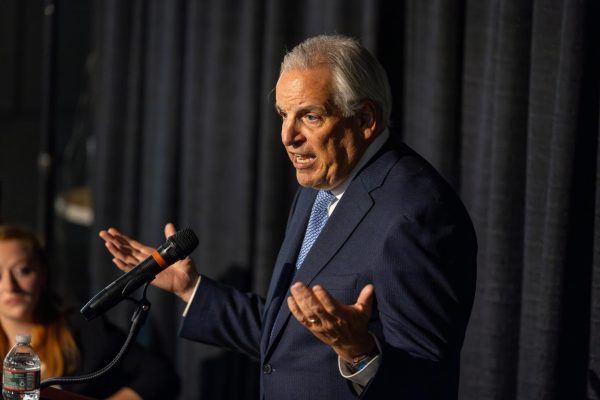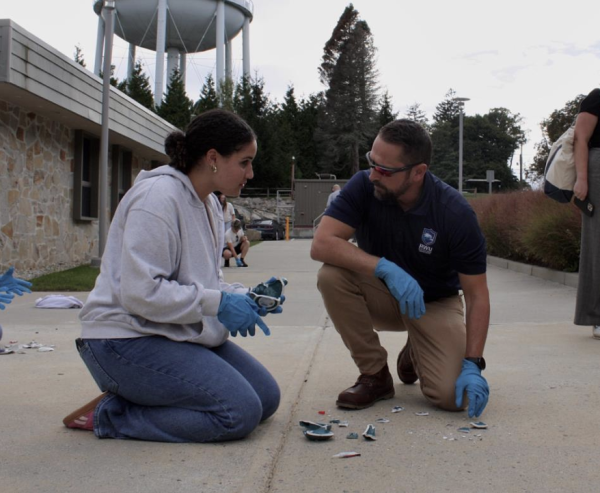The Peer Body Project is coming to RWU
Imagine this. You find yourself standing in front of a mirror, looking at your reflection, noticing only the flawed and imperfect parts of you. You’re left feeling completely inadequate and unattractive. Sound familiar? It’s not your fault. Every day, women are bombarded with unrealistic beauty standards from various media outlets, forcing them to believe that their bodies are in need of molding to be beautiful.
This is problematic and contributes significantly to the widespread development of eating disorders, poor body image, increased use of negative behaviors and decreased self esteem. RWU’s Division of Student Life is trying to address this phenomenon by bringing the Peer Body Project to campus this spring. The Peer Body Project is a research-supported body dissatisfaction program developed by the Oregon Research Institute. It is aimed at replacing negative thin body ideals with healthy and realistic expectations.
The program is organized into a two-session group seminar. Student peer educators are trained to lead groups of 6-8 participants through a series of discussions and exercises that break down unrealistic beauty standards while simultaneously teaching ways to internalize the healthy ideal. The use of peer educators in the delivery of these groups has demonstrated as more successful than the use of mental health clinicians in terms of making the experience more relatable for female college students.
The Health and Wellness Educators (HAWEs) from the Health Education office at RWU will be offering these groups this semester. Meghan Maher and Hannah Verre are organizing the sessions on campus and they explained why they think The Peer Body Project is an important program to have here.
“We feel that body image and self-perception are important topics that are not discussed enough on campus. The students here on campus are learning to be on their own and one vital piece to that is learning to accept and love oneself. There are not any academic classes around that,” they said.
The Peer Body Project is open to all female identifying students and any students affected by feminine beauty ideals. When asked why the program is only open to this specific set of students, the organizers referenced past research that has been done regarding previous results of the project.
“Throughout the previous sessions at other colleges and research done by creator Eric Stice, female identifying participants were found to benefit the most,” Maher and Verre said.
To register for one of these sessions, contact Donna Darmody at [email protected] or 401-254-3413. The program’s ultimate goal is to reach as many students as possible. Everyone has the ability to love and accept themselves as they are. Your involvement in The Peer Body Project will provide guidance and support in leading you to develop a healthier and more positive mindset.
“We hope that it will inspire people to support others and focus on their health and happiness rather than what they see in the mirror,” Maher and Verre said.





